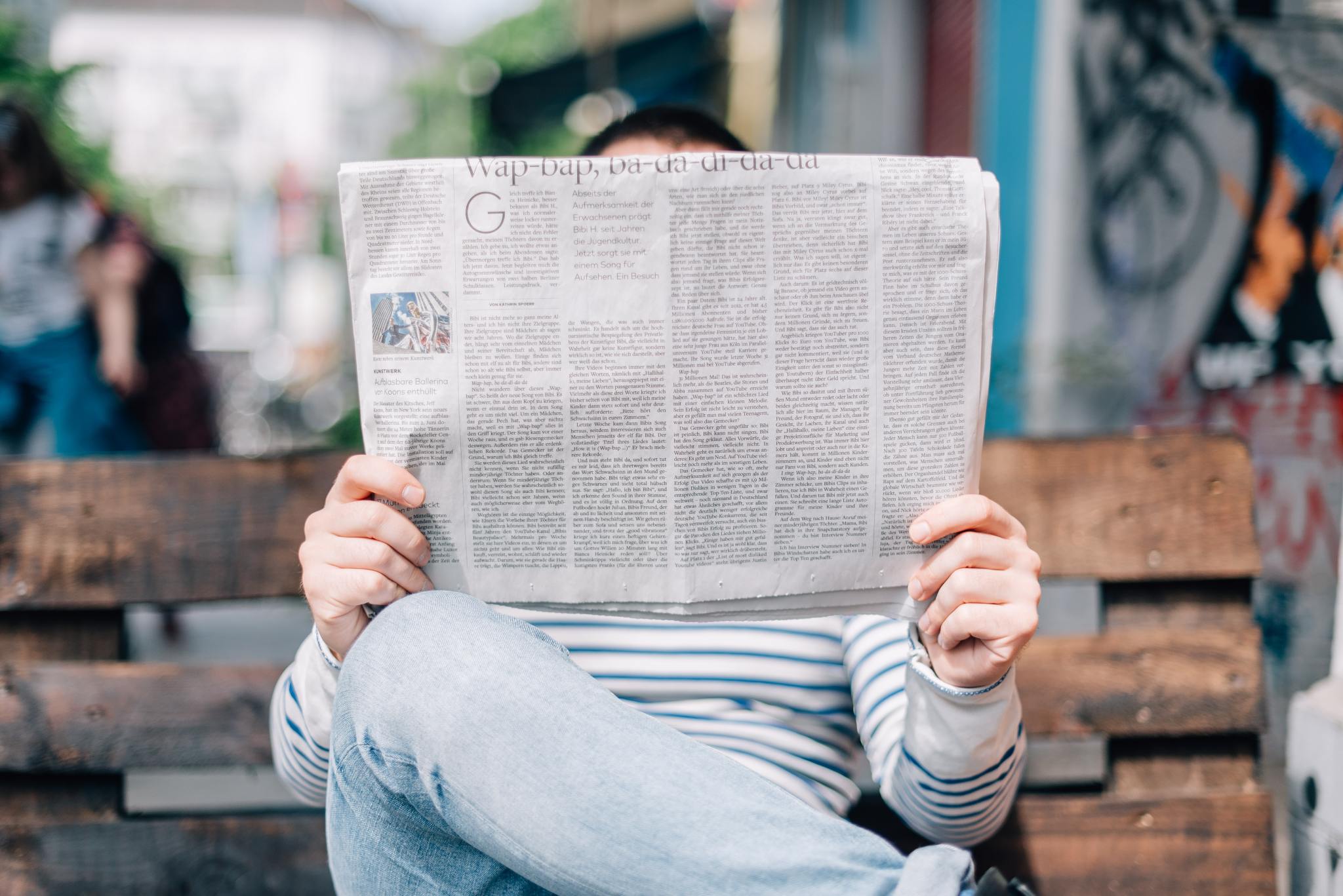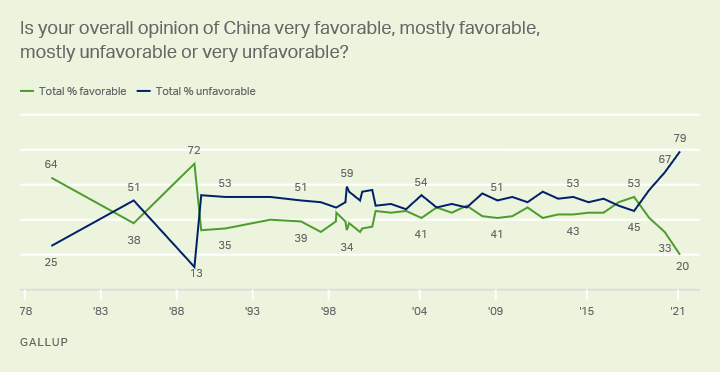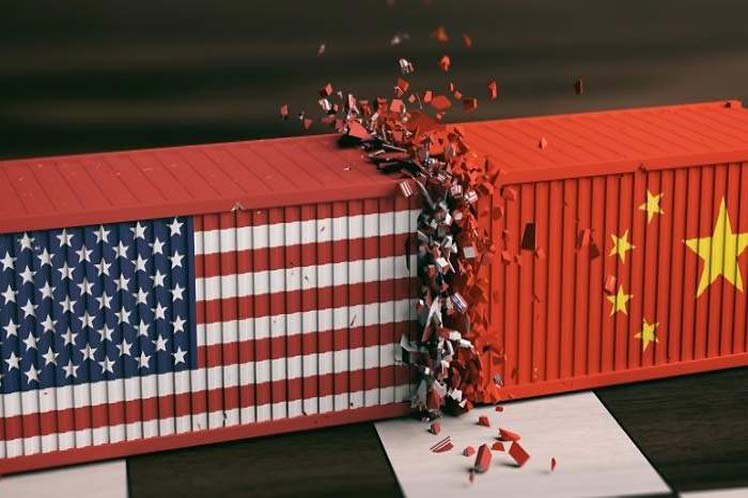Don’t read the news
If you read my blog, you will know my views about the media. I consider the western media, especially, to be sloppy, inaccurate, biased, and trivial. They focus on negative news and dramatize it to sell their publications. Anything that does not fit their perceptions is left out or distorted. There are a few, notably intelligent, writers whose views, even if one does not agree with them, are well researched and balanced. But even they find their writing ‘censored’ by editors, headline writers and publishers.
Imagine, then, my satisfaction in reading a piece in Farnam Street (FS), a weekly newsletter about a wide range of interesting topics. Their articles are original, thought-provoking, and entertaining. A week or two ago, FS published a gem entitled “Why you should stop reading the news”. I’d love to credit the author but cannot find a name. Thank you, whoever you are.
What is the problem?
I scan at least 20 publications each day. My associate scans scores of newspapers in Chinese for our Monday China News blog. I may then skim through about 100 stories a week from a range of Chinese journals. I have difficulty in picking out even two or three of them to re-publish some weeks. I hardly ever find anything worth reporting from western media. So, why do I read them? And why do you?

Here are a few of the problems with the news, according to FS:
- The speed of news delivery has increased so we can absorb it from many sources.
- The cost to produce news has dropped significantly. Some people write twelve posts a day for major newspapers. It’s nearly impossible to write something thoughtful on one topic, let alone twelve.
- Like other purveyors of drugs, producers of news want you to consume more of it.
- The incentives are misaligned. While the news is free to read, you still need to pay people. If people aren’t paying, advertisers are. Page views become the name of the game. More page views mean more revenue. In our blog about FaceBook, Will Owen writes about the same malaise.
FS believes we read the news because:
But:
However, FS leaves out a vital aspect. The writer encourages us not to waste our time reading because we could use that time better. The media is a social problem, in their eyes. I believe it goes much deeper than that.
The bigger issue
On all too many occasions, readers are being cynically manipulated for political reasons. There is nothing new in this. From the time when kings led armies to war with their enemies (they were rarely the peoples’ enemies), they had to find reasons to persuade their men to fight. These ranged from “God is on our side,” to ‘mistreatment of babies’, ‘women’, ‘the poor’, ‘a wicked race’ (pick your reason). In recent years we hear about ‘The Axis of Evil’ – a disparate group of countries spuriously bound together by a US President who needed to create reasons to go to war for political and commercial reasons.
“Good news from China!”
When did you last read a headline like that – if ever? In researching this question, I found one article in ‘Time’ in 1936! Further digging brought me to October 18th 2015 when Reuters hailed agreements between the Cameron Government in the UK and China as ‘Golden Years’ . Since then, there has been no ‘good news’ from China in the western media.

Rationally, it is ludicrous to imagine that China has changed so radically in the last six years. Yet according to public opinion polls, it has. In this Gallup graph are two notable public opinion lows, June 1989, the crackdown in Tiananmen square and mid-2018.
In between those dates, opinion was balanced between favourable and unfavourable. The Tiananmen square incident caused major concern around the world. It was inevitable that China’s reputation would suffer.
But what happened in 2018 to cause such a major dip in world opinion of China? There was no Tiananmen. At that time COVID-19 had not started. So far as the world believed, China was a vital partner to most countries. Most relied on China for high-quality manufacturing and important minerals and materials.
What happened?
6th July 2018 saw the start of the Trump-led USA/China Trade War. As in any war in history, the USA needed to mobilise public opinion to support the war. A trade war is of little interest to most Americans. When the trade war began, public opinion began to change only slowly. More was needed.

Hong Kong provided the perfect spotlight in the geo-political drama to support the US Trade War.
As we revealed in our post ‘Nury Vitacchi – The Other Side of the Story’, the USA had long been supplying money and expertise to Hong Kong’s ‘democratic’ movement. When, financed by the USA, students took over the streets of Hong Kong for three months in 2014, the USA was quietly jubilant. But the protests achieved little and quickly faded from the public eye.
The perfect opportunity came in 2019, when the Hong Kong Government tried to introduce an extradition law – a law that almost every country has. As Nury Vitacchi wrote, almost no-one in Hong Kong, let alone around the world, read the draft. It was heavy with safeguards and almost impossible for China to use as a tool against opponents. Yet, western media presented it as an attempt by China to allow Hong Kong citizens to be deported to China on a whim.
The US now had the reason it needed to vilify China. Democracy became the watchword for Hong Kong. Young protest leaders became household names in the west. Riots occurred. Huge damage to ‘pro-China’ property took place. Hong Kong’s Police force was attacked. The western media played the game. All could be forgiven, indeed encouraged, in the brave fight for democracy. China’s reputation withered.
Then, another godsend – COVID-19. Our first post covering COVID was in April 2020. I tracked the then history of COVID as the world saw it. In the western view, China had done the world great harm, even though it was handling the epidemic well. It was a perfect way to add pressure on China. By the time I wrote my second post at the end of 2020, it was too late to point out that cultural differences played a major part in how countries handled COVID. China was now clearly the enemy of the world, the western world at least.
The Belt and Road Initiative came next – China building up debt in poor countries for its own ends. Then came the investigations into Xinjiang. ‘Genocide’ screamed headlines. The Huawei affair followed (China taking over 5G to ‘spy on us’) and so on.
The PR exercise was on a roll. China was now officially discredited. The USA could return to its power war secure in the knowledge that it had the ‘God’ of western public opinion on its side.
Why does this matter to you?
I do not believe in conspiracy theories. But this is not one. It is an intricate, geo-political, battle in which the (still) most powerful country in the world is trying to keep in check the second most powerful country in the world. It uses all the tools it can to do so. Chief among these is the western media. (China is no innocent in the power game, by the way; it uses different methods because it can take the support of its citizens for granted.)

Edward de Bono, the late, great, thinker, in his book ‘Thinking Course’, writes:
Reading recent coverage on China, you see how adroitly the western media supports its political masters. This is well described by my friend Alex Lo in the South China Morning Post:
This, dear readers of the news, is why you should be wary. Are the opinions you so zealously espouse yours – have you thought about them, researched them, questioned them? Or are they the opinions of your political leaders passed down from their front-line troops, the western media?
Do not, I beg you, be deceived into thinking that what you read each day, on almost any subject, is the balanced truth. It is never balanced and often not the truth.
In any case, are there not better things to do with your precious time?
Worked on the article:

Wanlikhang





